Description
Qu’est-ce que le Wakoucha?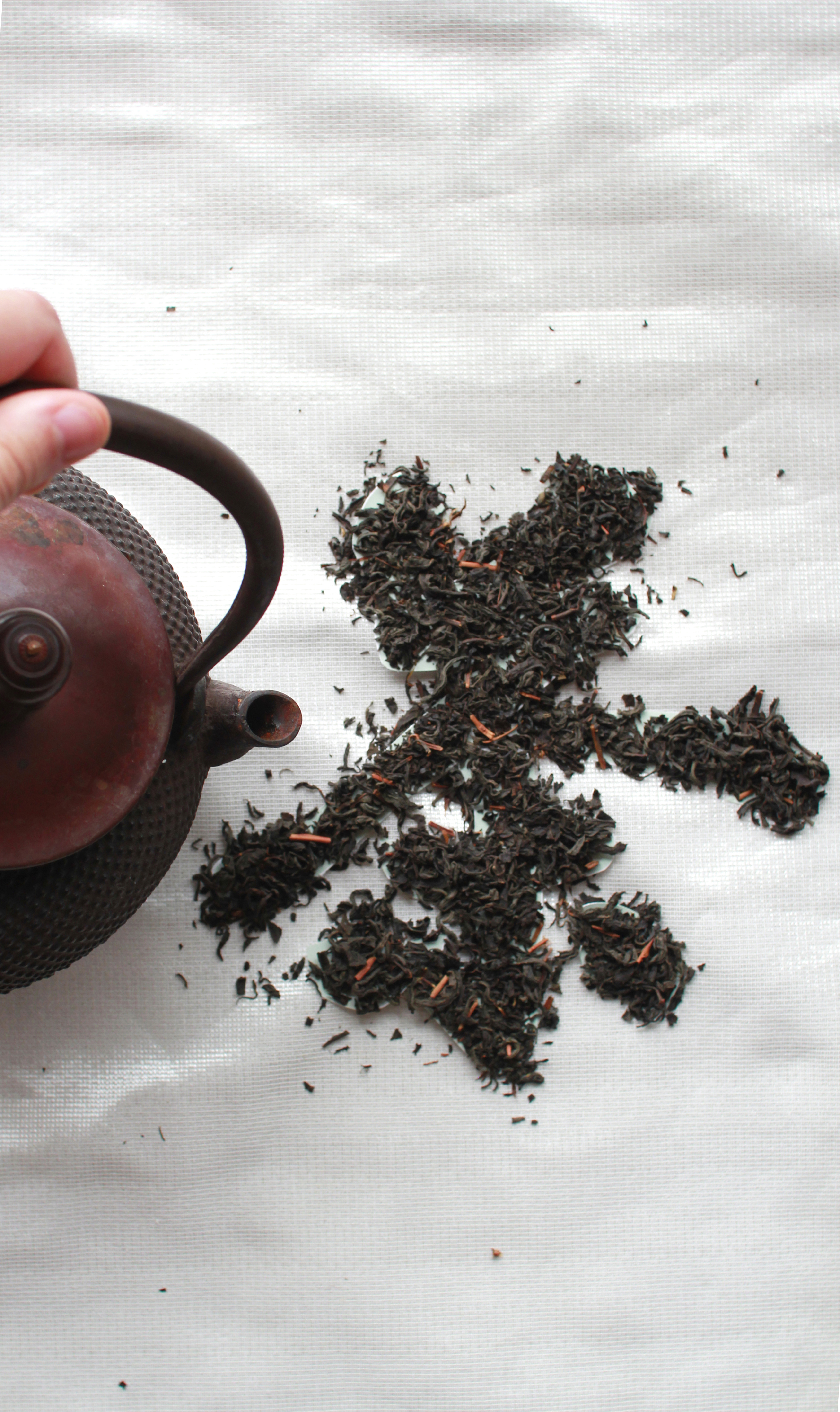
Wakoucha (ou Wakôcha – 和 紅茶) signifie « thé noir japonais ». Il est vrai que ce qui vient d’abord à l’esprit en pensant au thé japonais est d’avantage le thé vert que le thé noir. Pourtant, même s’il ne représente qu’une très faible quantité de sa production générale, le Japon en produit bien !
Comparée à sa très longue histoire de production de thé vert, la fabrication de thé noir au Japon est très récente. Ses origines remontent à il y a seulement 150 ans, durant la période Meiji, l’époque où le Japon commençait à s’ouvrir au reste du monde.
Bien qu’il soit appelé « thé noir » en occident, « Kôcha»(紅茶) signifie littéralement « thé rouge ». Un nom plutôt logique étant donné la couleur rouge foncé du thé une fois infusé.
Cette superbe couleur est d’avantage accentuée par l’eau d’infusion du thé, qui a la particularité d’avoir une très faible teneur en calcaire au Japon.
Le Kôcha est un thé entièrement oxydé. Après la récolte, les feuilles sont d’abord laissées telles quelles afin de faire baisser leur teneur en humidité : c’est l’étape du flétrissage. Vient ensuite l’étape du roulage, processus durant lequel la structure cellulaire à l’intérieur des feuilles est brisée dans le but d’améliorer le processus d’oxydation qui suit. Après avoir atteint le taux d’oxydation et les arômes souhaités, le thé est séché pour stopper définitivement le processus d’oxydation.
Le thé noir étant une découverte très récente au Japon, environ seuls 300 agriculteurs produisent du Kôcha pour tout le pays, en faisant un produit plutôt rare !
Profil de l’agriculteur
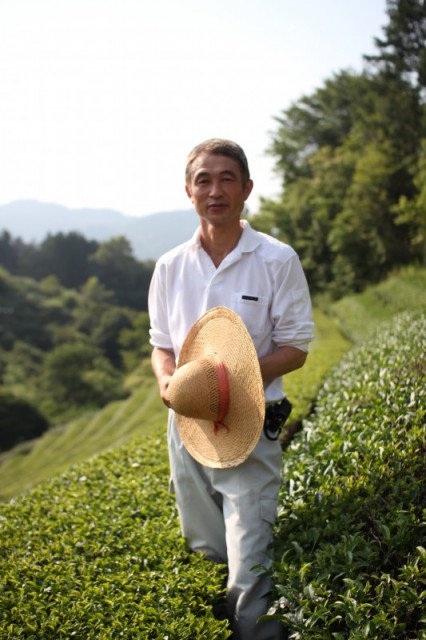
Seuls environ 300 agriculteurs de thé produisent du Kôcha sur l’archipel, et l’un d’entre eux vit juste ici à Wazuka! M.Sugimoto a commencé à produire du Wakôcha (thé noir japonais) il y a environ 7 ans. Le thé noir représente maintenant pour lui une grande partie de sa vie, à la surprise de beaucoup d’agriculteurs traditionnels!

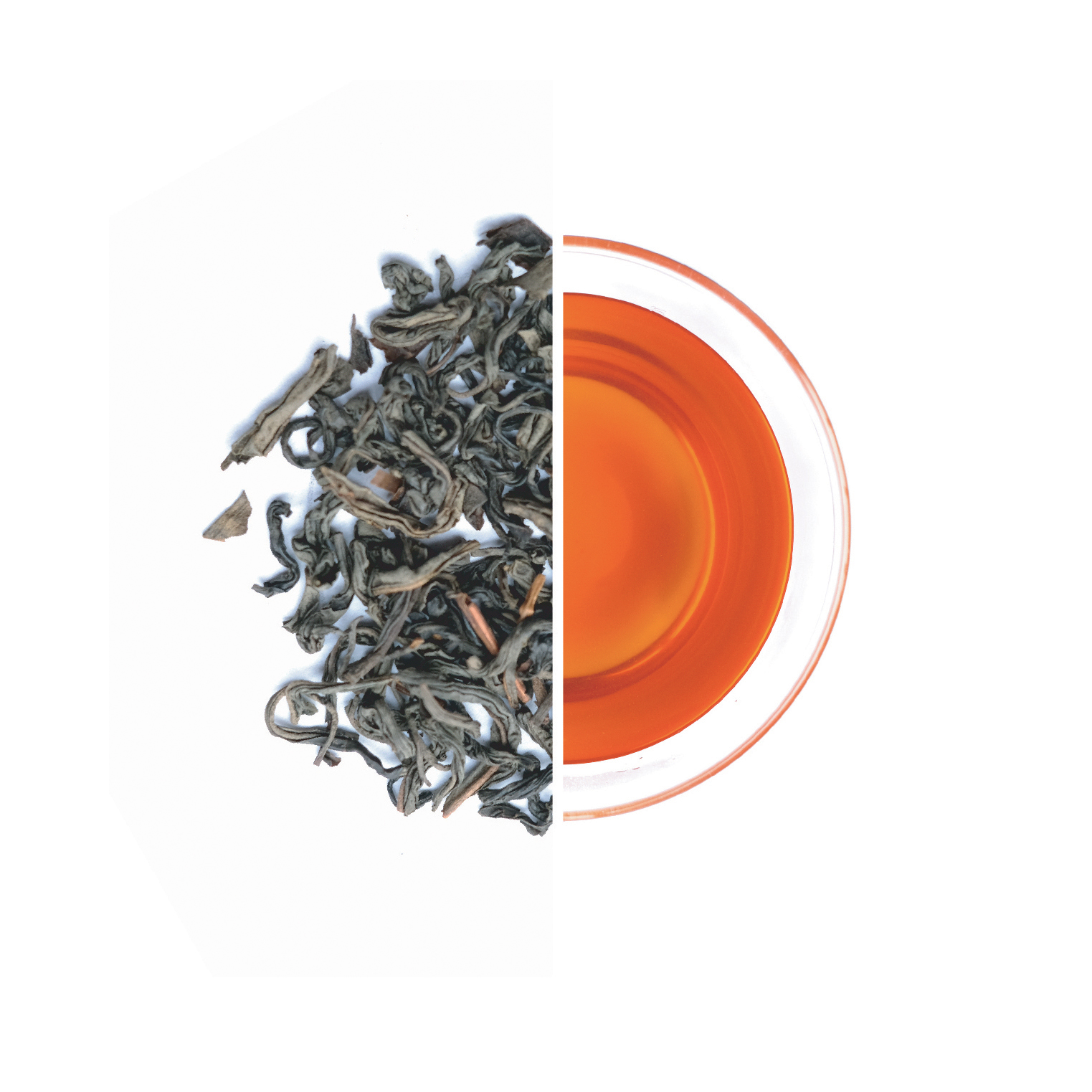
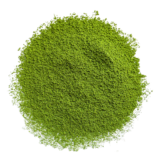
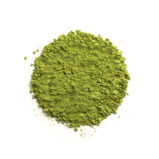
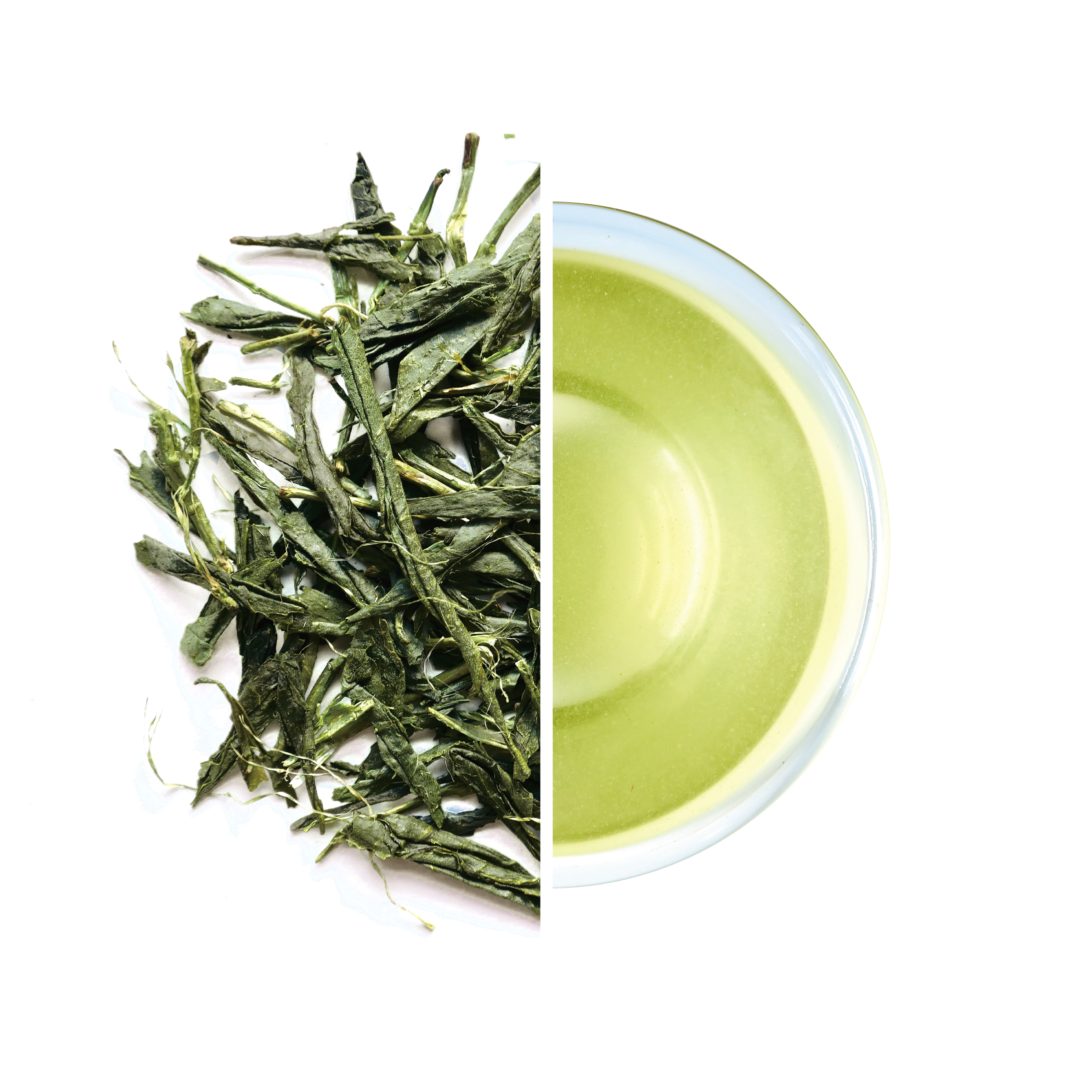
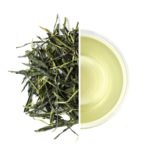
Obubu Tea –
Reviews by tea professionals and enthusiasts:
« The scent was mostly vegetal. There is a kinda malty flavour, but I get more mild fruit. I could see having this with meals »- Lariel of Lórien, 2014 .
« The liquor is a nice golden brown, clear, and with very little leaf hair. The aroma is not unlike the scent of the leaves, bright and slightly malty. There is almost an herbal undertone to it as well, but I can’t quite place it. The taste is bright and fairly dry. There is a slight sweetness, but mostly I get brisk, slightly malty, and bitter or sour flavors; almost that of a lemon » – Cory Schmidt, 2013
Alrune (verified owner) –
This is the black tea to end all black teas in my opinion. I became intrigued after finding Obubu and learning more about Japanese tea. I had always been a fan of black teas and my interest was piqued when I saw that they actually had a Japanese black tea. I had to try it. I loved that the leaves were rolled, which look beautiful before and after steeping. The smell of the dried tea was amazing and once it’s brewed, it’s a sight to behold. The color of the liquor is amazing. Rich amber. I was in love. The smell was intoxicating, exactly what you’d want from a high quality black tea. The taste is beautiful. I recently ran out and had bought the Pine Needle Wakoucha to try, but I have to tell you. I’m missing this one!